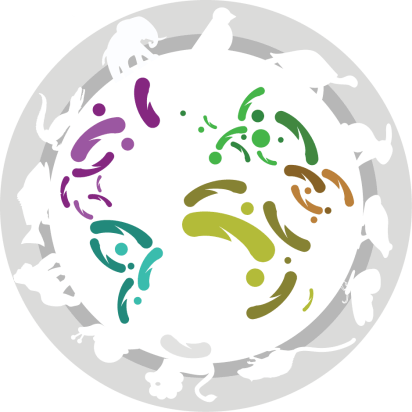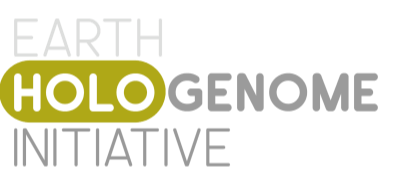ADAPTATION HOLOGENOMICS
Aims to understand how increasing temperatures and aridity are affecting population genomic features and microbial community properties of small mammals, by focusing on edge-of-range that are expected to be either expanding (in the north) or contracting (in the south) under climate change.
Coordinator: University of Exeter
Participants: University of Copenhagen
Funding: Natural Environment Research Council (NERC) & Carlsberg Foundation
Period: 2021-2024





